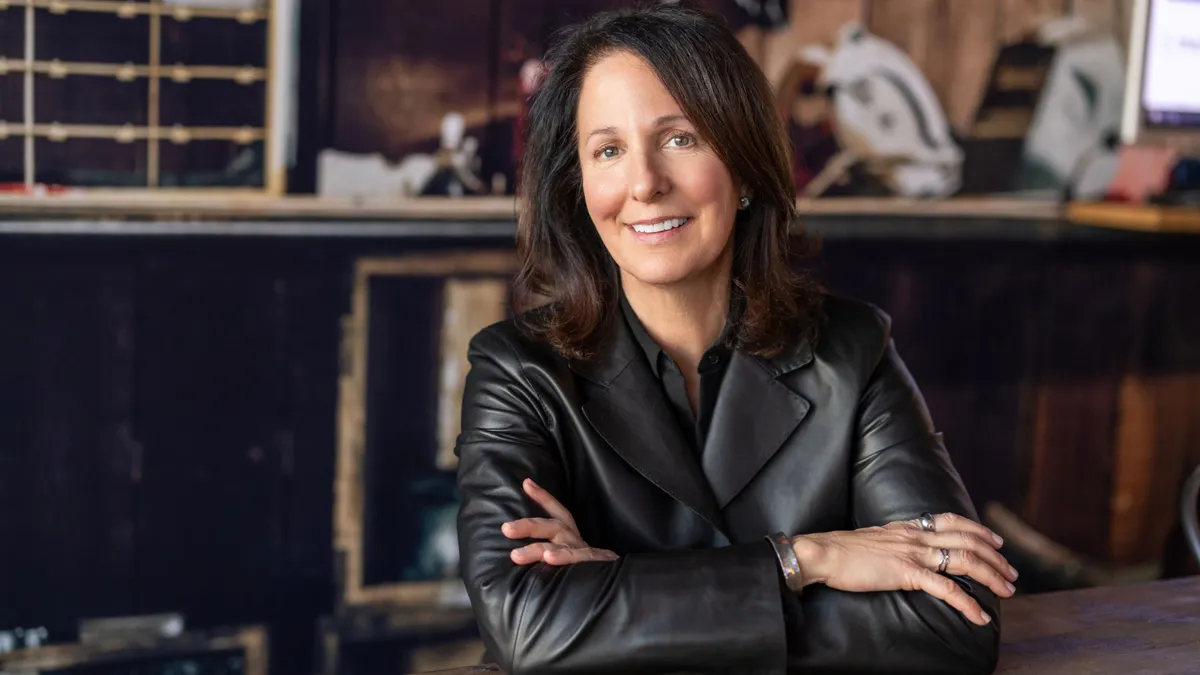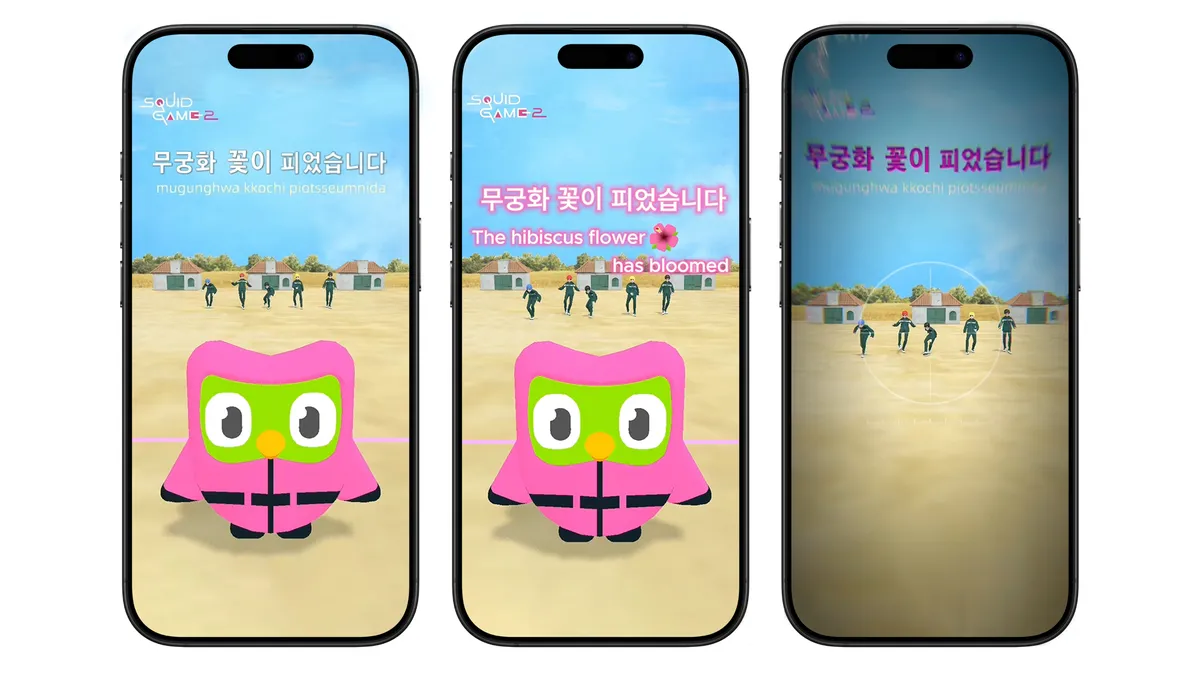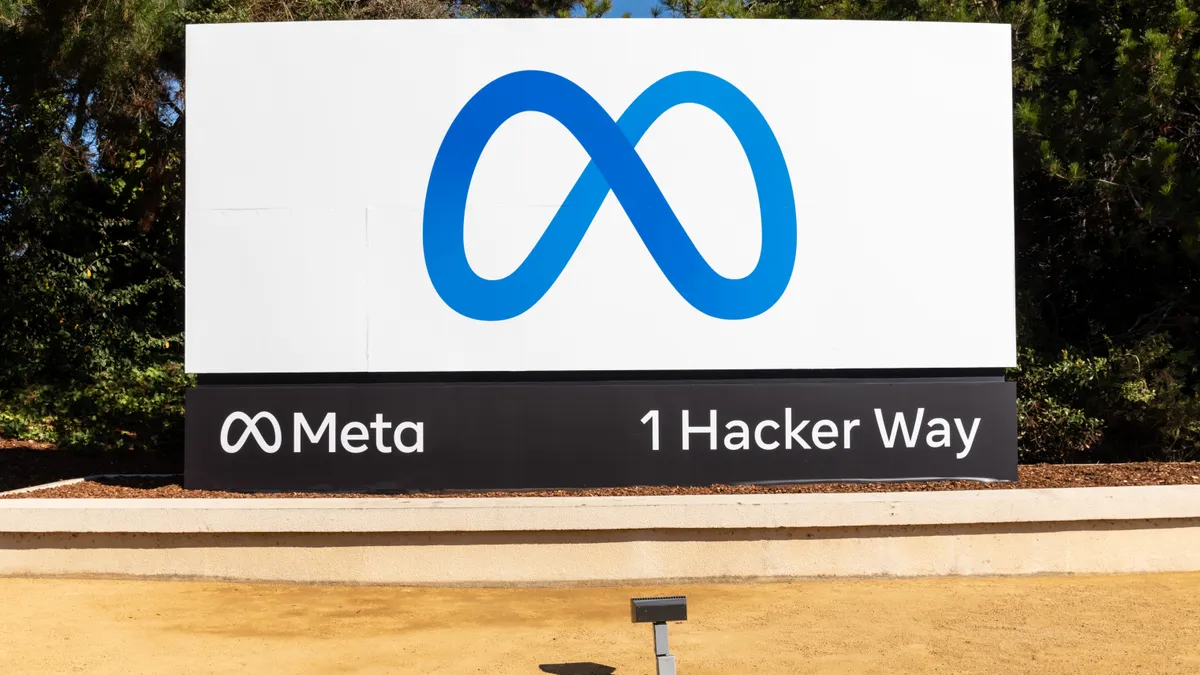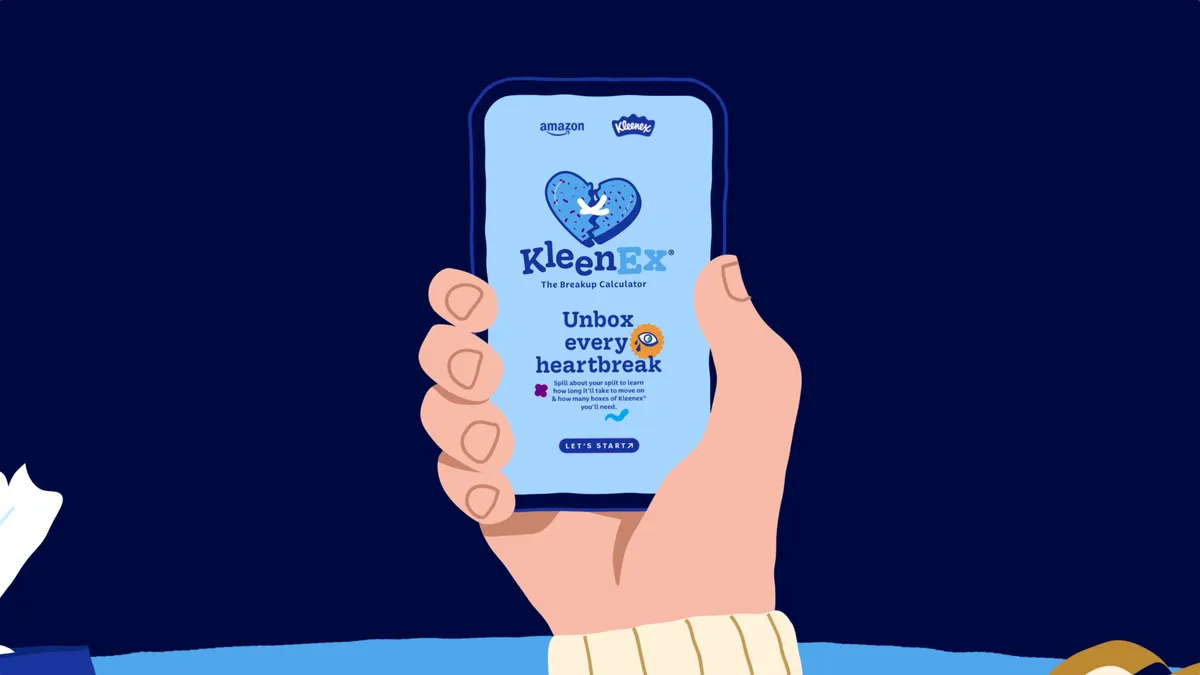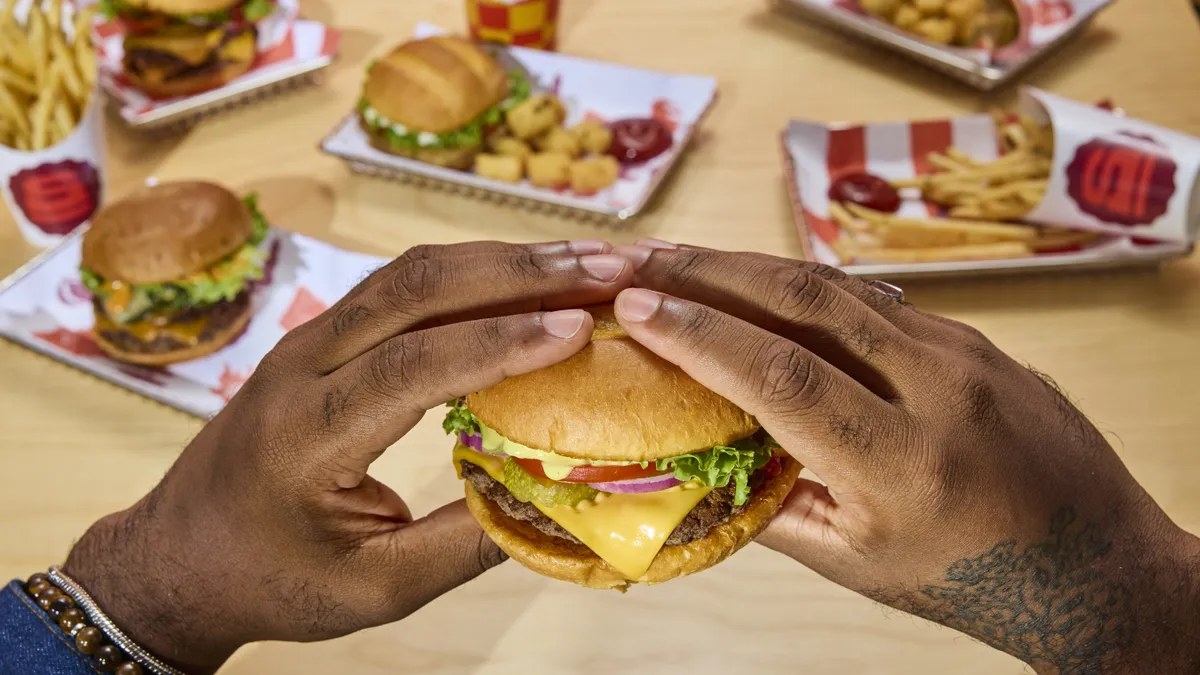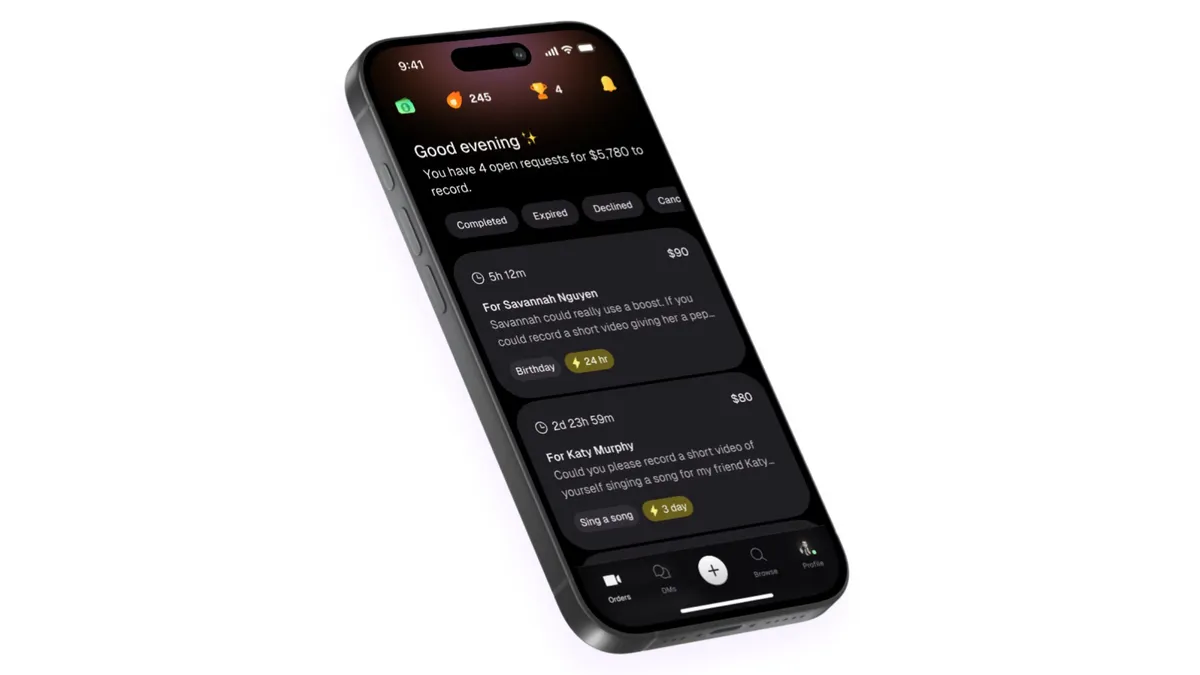The marketing industry clearly remained in the clutches of digital disruption this year. From the sometimes bumpy rise of artificial intelligence — memories still linger of Microsoft chatbot Tay’s awful comments — to an obsession with Twitter’s outlook, marketers aspired to integrate technology and connect with consumers whose media habits are undergoing a sea change.
In 2016, strong signals appeared of where marketing is headed. Dunkin’ Donuts offered tailored social media content sprinkled with a variety of emerging tactics in a winning recipe for driving digital engagement. Amazon transformed from an e-commerce leader to a major digital platform while Dove’s "My Beauty, My Say" campaign showed how to package inspiration into an attention-grabbing program.
The pinnacles of innovation and disruption — as well as the low points — are showcased in the 2016 Dive Awards for the marketing industry. Months of work and research went into the awards, which have been in development since January. Industry insiders were consulted to help us narrow down the nominees, with winners ultimately chosen by the editors of Marketing Dive. Here are our 10 winners for 2016:
Marketer of the year
Winner: Dunkin' Donuts
Dunkin’ Donuts is no newcomer to digital marketing, but a foundation built over the past few years took significant shape in 2016, helping the chain fuel performance in key areas like its loyalty program, which numbers 5.4 million members.
Digital is baked into Dunkin’ Donuts’ marketing, as evidenced by how the brand grabbed at emerging opportunities this year as if they were the last donut in the box. We saw the company deliver exciting virtual reality content and unique Waze promotions, lead the way with Snapchat ads and launch a digital ordering program called On-the-Go that is seeing strong repeat use.
The chain rises above the competition with a winning digital recipe that also tailors social media content for each partner’s unique audience.
Other nominees: Walmart, Coca-Cola, Sephora
Executive of the year
Winner: Marc Pritchard, chief brand officer, Procter & Gamble Co.
In a year when many top marketing executives underperformed, Pritchard’s presence loomed large not just because he heads up the branding efforts of one of the world’s biggest ad spenders, but also for his impact on two key trends.
P&G’s chief brand officer upended the conversation about targeting — usually spoken about in glowing terms — when he said the company went too narrow with Facebook ads, resulting in lost sales. His words reverberated throughout the industry as marketers everywhere suddenly paid closer attention to balancing relevancy with scale.
Pritchard also put a spotlight on the growing tension between brands and agencies over transparency in billing practices. As other marketers initiated agency audits, he called for the negative narrative to stop and the mending process to begin.
Staying on top of quickly evolving technology can be a challenge but Pritchard — with his eyes clearly on the future — exemplifies how to successfully navigate the road forward.
Other nominees: Ann Simonds, CMO, General Mills; Evan Spiegel, CEO, Snap Inc.
Innovative idea of the year
Winner: Automated creative
From groundbreaking tests in programmatic buying, customer relationship management and real-time image processing, to IBM Watson's cognitive learning abilities being leveraged for marketing purposes, we saw exciting innovations at the intersection of human creativity and marketing automation this year.
Automated creative is a potentially disruptive use of artificial intelligence. By leveraging cognitive learning, a robot creative director can build, deploy and optimize any number of campaign permutations from interchangeable building blocks.
Executives across agencies and AI companies are enthusiastic about how automated creative can free up marketers to think bigger picture and focus more on developing inspired copy and creative that will deepen connections with consumers. Although it's still the early stages of automated creative, more marketers than ever are using this approach, with brands such as Clorets, Toyota and others jumping on board.
The emerging use of technology has raised several questions, including whether automated creative might replace certain marketing roles. No one has a definitive answer yet, but one thing's for sure after this year — automated creative is here to stay.
Other nominees: Diversity requirements in agency/brand contracts, chatbots
Transformation of the year
Winner: Amazon
While everyone recognizes Amazon as an e-commerce giant, this was the year that the company earned the right to be recognized as an important digital platform in competition with Google, Apple and others. In fact, in at least one area — digital home assistants — it is beating those technology giants at their own game.
The breakout success of Amazon’s Echo is a big part of the brand’s transformation. With Forrester predicting there will be more than 6 million Echo devices in homes by the end of this year, Amazon has a potentially unbeatable head start in a category expected to enable digital platforms to effectively own a significant portion of consumer engagement throughout the day.
Amazon also continues to find success with its Prime program, as membership grows and original content like the hit show “Transparent” rack up entertainment industry awards. Founder Jeff Bezos is even receiving kudos from Hollywood insiders, underscoring how far he and his company have come from the early days when Amazon was a discount bookseller.
As Amazon turns its sights on music and other services, the transformation into a digital powerhouse will only continue.
Other nominees: Hyundai, Tesla, ad agencies
Obsession of the year
Winner: Twitter's next move
Will Twitter be able to right the ship in time? This is the question that was most consistently top of mind for marketers in 2016, when it seemed that new developments, both positive and negative, unfolded almost daily for the micro-blogging service.
With a generation of loyal early-adopters who want Twitter to succeed, the tone was hopeful that co-founder Jack Dorsey could jumpstart user growth after he returned as the company’s leader in late 2015. But just as quickly as Twitter introduced new features meant to attract users and brands, they were followed by negative press, multiple executive departures and slowing revenue growth.
The obsession with Twitter also speaks to the ongoing evolution in social media, with the company’s struggles having created an opportunity for Snapchat and other newcomers to jockey for a better position. As Twitter’s competition gains while its own growth stalls, the question marketers are now riveted by is if time is running out for a turnaround.
Other nominees Presidential race, ad blocking, Pokemon Go
Breakthrough platform of the year
Winner: Snapchat
While marketers have been paying close attention to Snapchat for a couple of years, it wasn’t until 2016 that the opportunity broke open for brands to reach Snapchat’s quickly growing base of coveted Gen Z users. We’ve also seen Snapchat co-founder Evan Spiegel arrive as a sought-after industry authority and prognosticator, underscoring the brand’s new influence.
"Snapchat's finally come into its own this year in terms of providing value for marketers," said Chris Pierantozzi, a creative director at Saatchi & Saatchi L.A. "[B]ut, more importantly, it’s becoming a creative canvas instead of just a media dumping ground."
Snapchat's finally come into its own [...] in terms of providing value for marketers, but, more importantly, it’s becoming a creative canvas.

Chris Pierantozzi
Creative Director, Saatchi & Saatchi LA
Snapchat has moved beyond unique but limited engagement formats such as filters and is ramping up traditional targeting and measurement options, programmatic buying, content from publishers and app install ads. The company hopes to shake off a reputation for being unfriendly to marketers, which seems to be working as Snapchat attracts a growing number of brands interested in the native, mobile-first tactics that younger consumers respond to. However, it remains to be seen if users will embrace the platform’s new marketing push.
The company’s monetization acceleration is coming at an earlier stage in its development than it did for Facebook and is part of the preparation for next year’s planned initial public stock offering, which could leave the company flush with cash and pave the way for an even bigger year.
Other nominees: Facebook Messenger, Amazon Echo, IBM Watson
Controversy of the year
Winner: Ad agency business practices
The fairness of agencies’ business practices was called into question repeatedly this year, suggesting the “Mad Men” era is not that far behind us after all. Research indicating a lack transparency in billing practices continues to echo throughout the industry. At the same time, claims that agencies’ hiring practices lack diversity were met with a pushback as several brands initiated diversity requirements as part of their pitch review process.
There’s just a lack of trust, a lack of belief that the agency moves the needle for you, so people are looking at it as more of a commodity than a service [...]

Matt Minoff
SVP Digital Platforms and Strategy, Meredith Corporation
In a year that also saw marketers and influencers failing to disclose paid relationships, and revelations by Facebook that it had been overestimating video metrics, the controversies around agencies stood out because of their broad implications. The agency-client relationship, while the bedrock of the marketing industry for decades, is already under strain as digital’s influence grows. The hit to agencies’ reputations by transparency and diversity issues could hasten the erosion.
"There’s just a lack of trust, a lack of belief that the agency moves the needle for you," said Matt Minoff, SVP of Digital Platforms and Strategy at the Meredith Corporation. Minoff, SVP of Digital Platforms and Strategy at the Meredith Corporation. "People are looking at it as more of a commodity than a service in some ways."
With advertising under attack as ad-blocking use grows, agencies will need to repair their reputations and rebuild relationships if the industry will be able to find a way to create quality ad experiences that consumers will welcome.
Other nominees: Facebook overestimating video metrics, brands and social influencers failing to disclose paid relationships
Campaign of the year
Winner: Dove: "My Beauty, My Say"
Unilever’s Dove brand, which pioneered women empowerment marketing, took the approach to new heights this year with its “My Beauty, My Say” effort. A central component was a 60-second video featuring real women talking about how society pressures them to look a certain way while ignoring their accomplishments.
The widely-viewed video was paired with an innovative multichannel strategy that streamed live commentary about female athletes’ looks across digital interactive billboards in New York, Los Angeles, and Toronto. The campaign helped spur a lively conversation in social and traditional media during the Summer Olympics about the focus on female athletes’ looks.
Dove’s campaign, by calling out society’s obsession with looks over achievements for half of the population, was also a perfect companion to a presidential election season in which the perception of a woman’s appearance played a big role for both parties.
The relevancy of the message, as well as the campaign’s innovative use of technology and its proactive position in driving a meaningful discussion, all contributed to “My Beauty, My Say’s” significant impact this year.
Other nominees: ING/Microsoft /TU Delft/Mauritshuis/Rembrandthuis: "The Next Rembrandt"; Hyundai Genesis: "First Date"; Esurance: "Pass It On"
Agency of the year
Winner: In-house agencies
This year we saw brands quickly build out their own in-house agencies, a response to the skyrocketing number of digital engagements and a desire to enhance messaging while also improving efficiency. The fact that big spenders such as Pepsi, McDonald’s, Marriott and others are moving in this direction suggests this is more than just a niche play, but one that is instead impacting a significant volume of media planning and buying.
As consumers spend more time on their phones, social media and content development are two areas where the trend is evident. Mobile is such a personal, often one-to-one way to connect with consumers that content needs a brand’s positioning built in from the beginning so that the entire customer journey reflects the desired tone. This challenge is something that can be tough for an outside agency to accomplish.
If agencies can hit on a good value proposition — or if marketers discover they have bitten off more than they can chew — the momentum could shift back in agencies’ favor.
Other nominees: Horizon Media, Accenture Interactive
Fail of the year
Winner: Microsoft’s racist chatbot
Talk about a conversation killer. The chatbot craze was over almost as quickly as it started this spring when Microsoft released Tay, which applied artificial intelligence to automatically respond to tweets with messages meant to sound like a teenage girl. Just 16 hours later, Tay was taken offline after it quickly devolved into a series of racist, sexist and otherwise distasteful messages. While Microsoft blamed the incident on Internet trolls, it nevertheless raised the question of whether the future of chatbots could ever meet the hype.
"Microsoft had the right intentions to build an AI that learned with the community," said Saatchi's Pierantozzi . "However, after a few days, Tay tweets turned into a racist, hate-spewing jerk of an AI. Thanks, internet!
While there have been a few other highly visible examples of chatbots going off the rails, smart conversational interfaces are still trying to rebuild some of their early buzz as reports of stilted and inaccurate responses plague the space.
Microsoft had the right intentions [...] however, after a few days, Tay tweets turned into a racist, hate-spewing jerk of an AI. Thanks, internet!

Chris Pierantozzi
Creative Director, Saatchi & Saatchi LA
As companies like Microsoft respond by teaching chatbots what is inappropriate, the technology is expected to smarten up quickly and play an integral role in connected experiences.
Other nominees: Clinton campaign, Facebook targeting at scale, exploding batteries in Samsung phones
The 2016 Dive Awards were distributed across our twelve vertical markets: BioPharma, CIO, Construction, Education, Food, Healthcare, HR, Marketing, Retail, Supply Chain, Utility, and Waste. Click here to see all of the Dive Awards winners.








